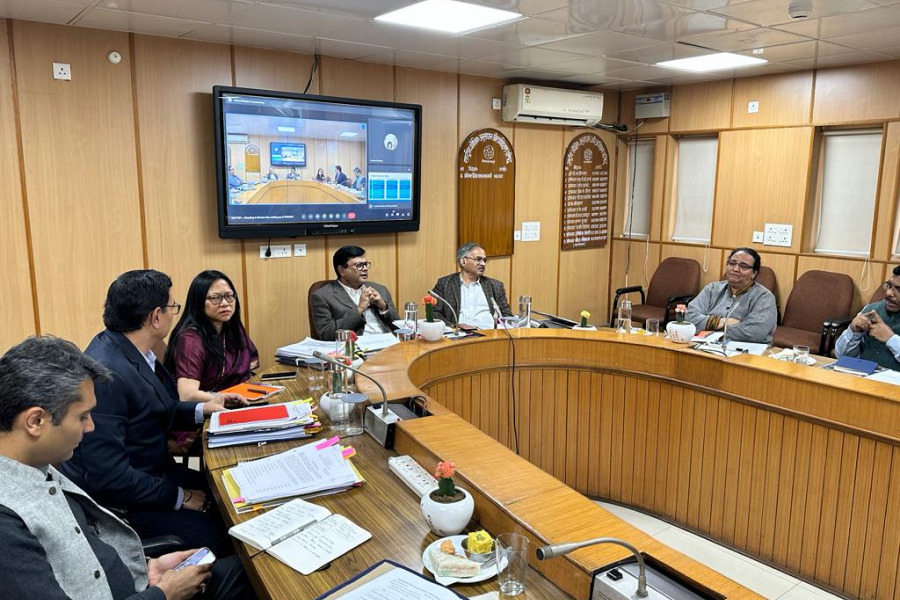About Learning Assessment Cell (LAC)
In the vision of the National Education Policy (NEP) 2020, the responsibility for bringing about assessment reforms is entrusted to the National Assessment Center-PARAKH. PARAKH has been tasked with establishing learning standards, formulating guidelines for both school-based and large-scale assessments, and spearheading nationwide studies to benchmark children's learning outcomes. In order to support this vision, and to address the unique contextual requirements of the States/UTs and grant them contextual assessment autonomy, PARAKH is working with States/UTs in setting up/augmentation of State/UT-level assessment cells.
These Assessment Cells will be specialized units within States/UTs, responsible for an all-students’ assessments within the states with the objective of improving learning outcomes of children. Aligning closely with the objectives of National assessment Centre PARAKH, the State assessment cells will be responsible for conceptualization and implementation state-level large-scale assessments like the SAS/SLAS to diagnose statewide learning outcomes of students and generate reports that inform policy decisions. These cells will also be responsible for developing guidelines and documents to support school-based assessments for the use of school teachers to integrate assessments within their teaching practices. Students’ assessments must be interpreted in context of learning inputs and learning environment provided through the schools and classroom practices that directly contribute to children's learning. The Assessment Cells, will therefore be a pivotal component of educational institutions, dedicated to the continuous enhancement and quality assurance of teaching and learning processes. They will play a fundamental role in assessing, monitoring, and improving the learning experiences and outcomes of students, contributing to the overall effectiveness of education systems. The Assessment Cells will also serve as a hub where data, insights, and feedback converge to inform educational decisions, shape pedagogical strategies, and promote the advancement of educational quality.
 Government of India
Government of India More
More

